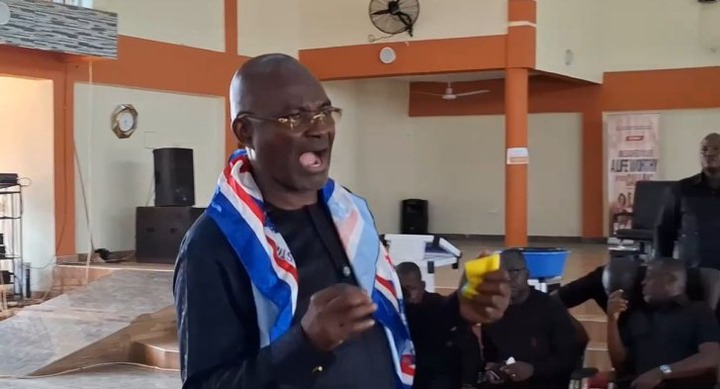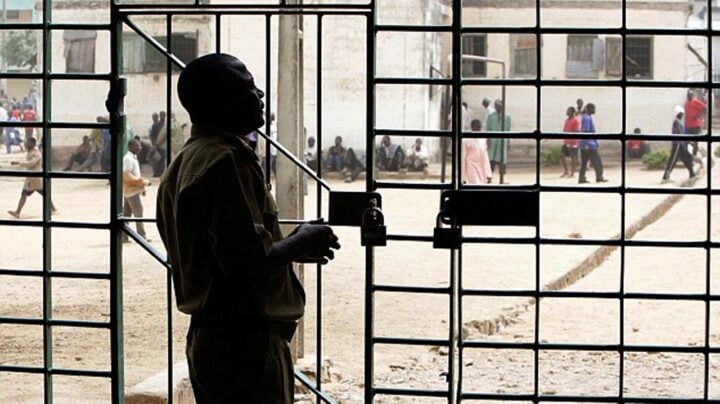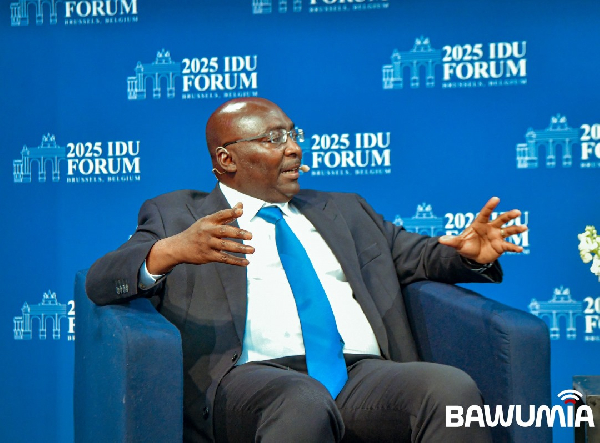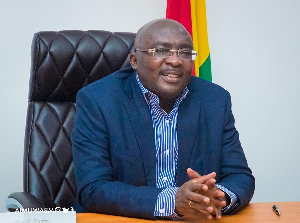Ghanaian Politician Kennedy Agyapong Stirs Controversy with Remarks on Religion and NPP Performance

Former Member of Parliament and New Patriotic Party (NPP) flagbearer hopeful, Kennedy Agyapong, has ignited significant debate within the party by asserting that poor electoral performance should disqualify candidates from future leadership bids, directly challenging Dr. Mahamudu Bawumia's prospects following the NPP's loss in the 2024 general elections. Agyapong's remarks, delivered across various platforms including a gathering in Mampong and in viral video recordings, blend historical party precedents with controversial religious undertones, sparking both support and sharp criticism.
Addressing party supporters in Mampong on June 7, 2025, during a visit to mourn the late Mamponghene, Daasebre Osei Bonsu, Mr. Agyapong, a former NPP presidential aspirant, emphasized that the NPP's tradition is rooted in recognizing competence and electoral outcomes rather than sentiment. The former Assin Central MP used this occasion to comment on the party's current state, cautioning against overlooking performance in leadership selection decisions, particularly in light of the NPP's defeat where John Dramani Mahama of the National Democratic Congress (NDC) was declared the winner of the December 7, 2024 election with 56.42% of the vote, while Dr. Bawumia secured 41.75%.
Kennedy Agyapong explicitly stated, "If you lead us into an election then do poorly, you should not expect a second chance." He characterized Dr. Bawumia's performance in the 2024 election, where he was the party's flagbearer, as "abysmal" and argued that such a result should preclude him from being re-endorsed for another contest. "If someone leads us to one of our worst electoral results, we cannot pretend it did not happen. This is a real political party. We don't give leadership as a consolation prize," Agyapong declared forcefully.
To support his stance, Agyapong refuted the notion that the NPP has a culture of consistently offering its presidential candidates multiple chances, claiming this only applies when a candidate's initial attempt demonstrates significant potential. He highlighted the case of Professor Albert Adu Boahen, who, despite his revered status as a "hero of our democratic movement" and his sacrifices for the party, was not given another opportunity after losing the 1992 election. "He was a principled man who sacrificed for his country, but the party moved on because performance matters," Agyapong asserted.
Agyapong contrasted Prof. Adu Boahen's experience with those of former President John Agyekum Kufuor and current President Nana Addo Dankwa Akufo-Addo. He argued that both were permitted to run for a second term not out of sentiment, but due to the strength of their performances in their initial campaigns. "Kufuor campaigned for only a few months in 1996 and nonetheless had a significant influence. That performance earned him the party's trust, so he ran again in 2000 and won. Nana Addo also demonstrated electoral strength before receiving a second chance," he explained, reinforcing that the NPP's standard is based on performance.
Beyond critiquing past leadership, Kennedy Agyapong, a declared 2028 NPP flagbearer hopeful, has actively promoted his own candidacy. In widely circulated video recordings, he appealed directly to the NPP grassroots to elect him in the next internal election, claiming, "If they want power, Ghanaians say it is only Kennedy Agyapong they will vote for." These appearances have been marked by controversial statements, described by some netizens as "religious rants" against Dr. Mahamudu Bawumia, the former Vice President. Agyapong questioned the legitimacy of Dr. Bawumia returning to lead the NPP, pointedly exclaiming, "the churches spoke," suggesting that Ghanaians are not ready for a non-Christian leader and that this was a factor in the 2024 election outcome. "I am speaking in parables. The church spoke but we did not listen and we have seen what has happened," he emphasised.
Agyapong's religious commentary has drawn significant criticism on social media. He has been accused of making stereotypical remarks against Dr. Bawumia, fanning divisive sentiments along religious and tribal lines, and engaging in behavior inimical to party unity. One concerned Ghanaian commented on X, "This man has nothing good to offer the NPP and Ghana. Anytime he opens his mouth to campaign, his message demonstrates division on religious and tribal lines." Another NPP supporter, Lambon Augustina, reportedly challenged Agyapong, "Your attitude is what I hate. You couldn't deliver your constituency. Tell us if Bawumia is the reason we lost most parliamentary seats." Others, like Addo Frank, accused him of attempting to shift public attention from critical national issues, such as a new D-levy, to internal NPP politics. Furthermore, some critics pointed to alleged hypocrisy, recalling instances where Agyapong supposedly campaigned against his own party or made statements later used by the opposition NDC.
Kennedy Agyapong's outspoken views and the ensuing controversy reflect ongoing divisions and critical self-examination within the New Patriotic Party following its 2024 electoral defeat. Many grassroots supporters have expressed dissatisfaction, and Agyapong's statements are likely to fuel further debate as the NPP assesses the reasons for its loss and charts its course for future elections. His challenge to Dr. Bawumia's potential leadership and his particular mode of campaigning are adding complex layers to the party's internal discussions on succession and strategy.
In essence, Kennedy Agyapong's recent pronouncements have positioned him as a vocal critic of the NPP's 2024 electoral strategy and its flagbearer, Dr. Mahamudu Bawumia, while simultaneously advancing his own leadership ambitions for 2028. His arguments, drawing on party history and controversial religious claims, have stirred considerable discussion and dissent, highlighting the turbulent political landscape the NPP must navigate as it prepares for the future. The party faces the challenge of addressing these internal rifts and determining a leadership path that can ensure its competitiveness in upcoming electoral contests.











